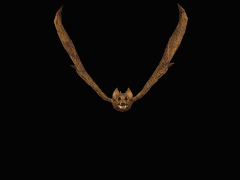


|
Rallidae:
The family Rallidae is a large group of small to medium-sized birds which includes the rails, crakes, coots, and gallinules. Nearly all members are associated with wetlands. There are exceptions, however, notably the Corn Crake which breeds on farmland.
The most typical family members occupy dense vegetation in damp environments near lakes, swamps, or rivers. Reedbeds are a particularly favoured habitat. They are omnivorous, and those that migrate do so at night: most nest in dense vegetation. In general they are shy and secretive birds, difficult to observe. Most species walk and run vigorously on strong legs, and have long toes which are well adapted to soft, uneven surfaces. They tend to have short, rounded wings and be weak fliers, although nevertheless capable of covering long distances.
Island species often become flightless, and many of them are now extinct following the introduction of terrestrial predators such as cats, rats and pigs.
Many reedbed species are secretive, apart from loud calls, and crepuscular, and have laterally flattened bodies. In the Old World, long billed species tend to be called “rails” and short billed species “crakes”. North American species are normally called rails irrespective of bill length. The larger species are also sometimes given other names. The black coots are more adapted to open water than their relatives, and some other large species are called gallinules and swamphens. |
